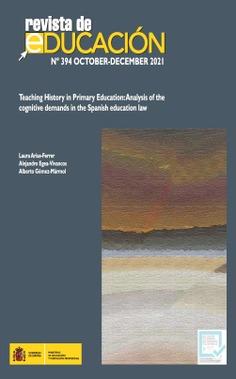Teaching History in Primary Education: Analysis of the cognitive demands in the Spanish education law
Laura Arias-Ferrer , Alejandro Egea-Vivancos , Alberto Gómez-Mármol
The processes of teaching and learning that are developed in the classrooms are bound to education law, since it sets the standards for teachers. Because of this, in order to diagnose how to teach a particular discipline, analysing this legislation is key. There is a pioneer attempt in the field of teaching history in primary education to determine, from the analysis of the learning criteria and standards established in the basic curriculum of primary education, the cognitive demands associated with its teaching. In Spain, this means examining the Royal Decree that establishes the basic curriculum and the 17 curriculums specific for each autonomous community. To this aim, a documentary study of the current
Legislation for this educational level was conducted. An ad hoc questionnaire was designed to, via expert judgement, establish a set of categories which, based on the reformulation of Bloom¿s Taxonomy, associate verbs to specific cognitive abilities. The assessment of the validity of the content and the reliability analysis from the experts showed a high level of agreement among raters. Afterwards, the cognitive demands drawn from all the described actions in the assessment criteria and learning standards in the state (n=35) and autonomic (n=2140) legislations. The processes of teaching and learning that are developed in the classrooms are bound to education law, since it sets the standards for teachers. Because of this, in order to diagnose how to teach a particular discipline, analysing this legislation is key. There is a pioneer attempt in the field of teaching history in
primary education to determine, from the analysis of the learning criteria and standards established in the basic curriculum of primary education, the cognitive demands associated with its teaching. In Spain, this means examining the Royal Decree that establishes the basic curriculum and the 17 curriculums specific for each autonomous community. To this aim, a documentary study of the current Legislation for this educational level was conducted. An ad hoc questionnaire was designed to, via expert judgement, establish a set of categories which, based on the reformulation of Bloom¿s Taxonomy, associate verbs to specific cognitive abilities. The assessment of the validity of the content and the reliability analysis from the experts showed a high level of agreement among raters. Afterwards, the
cognitive demands drawn from all the described actions in the assessment criteria and learning standards in the state (n=35) and autonomic (n=2140) legislations were identified. Then, with the intention of arranging three groups related to the type of cognitive demand stemming from the curriculums, an analysis of conglomerates was conducted. Results show that, with very few exceptions, and in spite of the tendency in History didactics that suggests the opposite, there is still a predominance of cognitive dimensions associated with memorising and understanding, with not many actions left involving more complex demands. This tendency increases in higher levels of education, losing every critical and creative component.
- Escritor
- Laura Arias-Ferrer
- Escritor
- Alejandro Egea-Vivancos
- Escritor
- Alberto Gómez-Mármol
- Materia
- INVESTIGACIÓN EDUCATIVA
- Idioma
- English
- Editorial
- Instituto Nacional de Evaluación Educativa
- EAN
- 9789200138386
- Edición
- 1
- Fecha publicación
- 01-01-2021
Libros relacionados
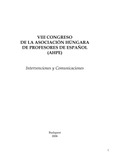
VIII congreso de la Asociación Húngara de Profesores de Español (AHPE). Intervenciones y comunicaciones
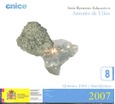
Recurso Antonio de Ulloa. Química. ESO y bachillerato
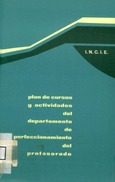
Plan de cursos y actividades del departamento de perfeccionamiento del profesorado
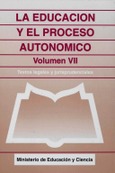
La educación y el proceso autonómico. Volumen VII
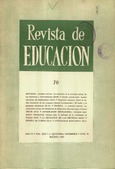
Revista de educación nº 70
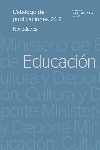
Catálogo de publicaciones del Ministerio de Educación, Cultura y Deporte 2012
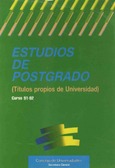
Estudios de postgrado (títulos propios de universidad) curso 91-92

Tecla. Revista de la Consejería de Educación en Reino Unido e Irlanda. Junio 2011
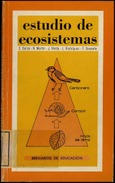
Estudio de ecosistemas
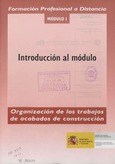
Formación profesional a distancia. Organización de los trabajos de acabados de construcción

